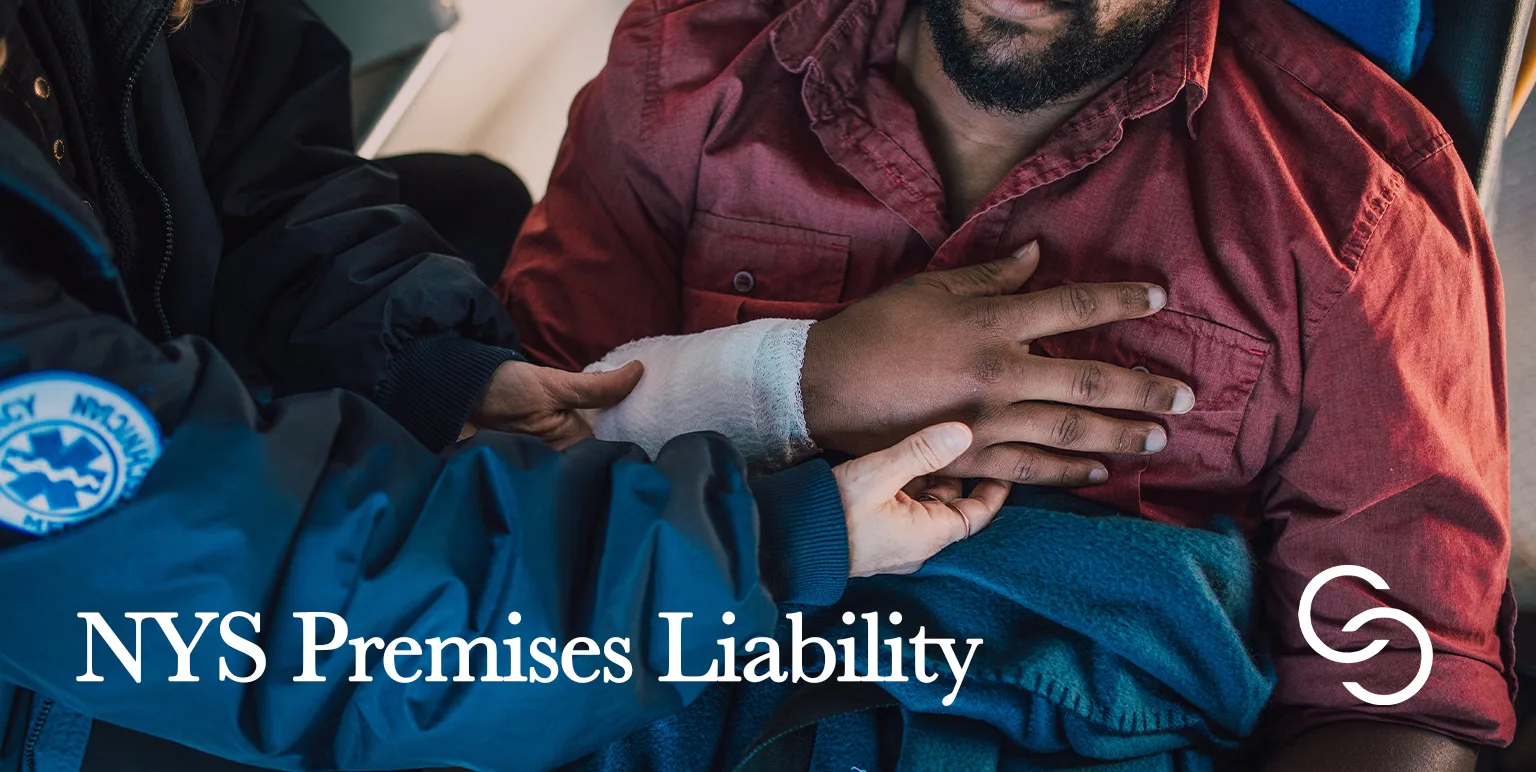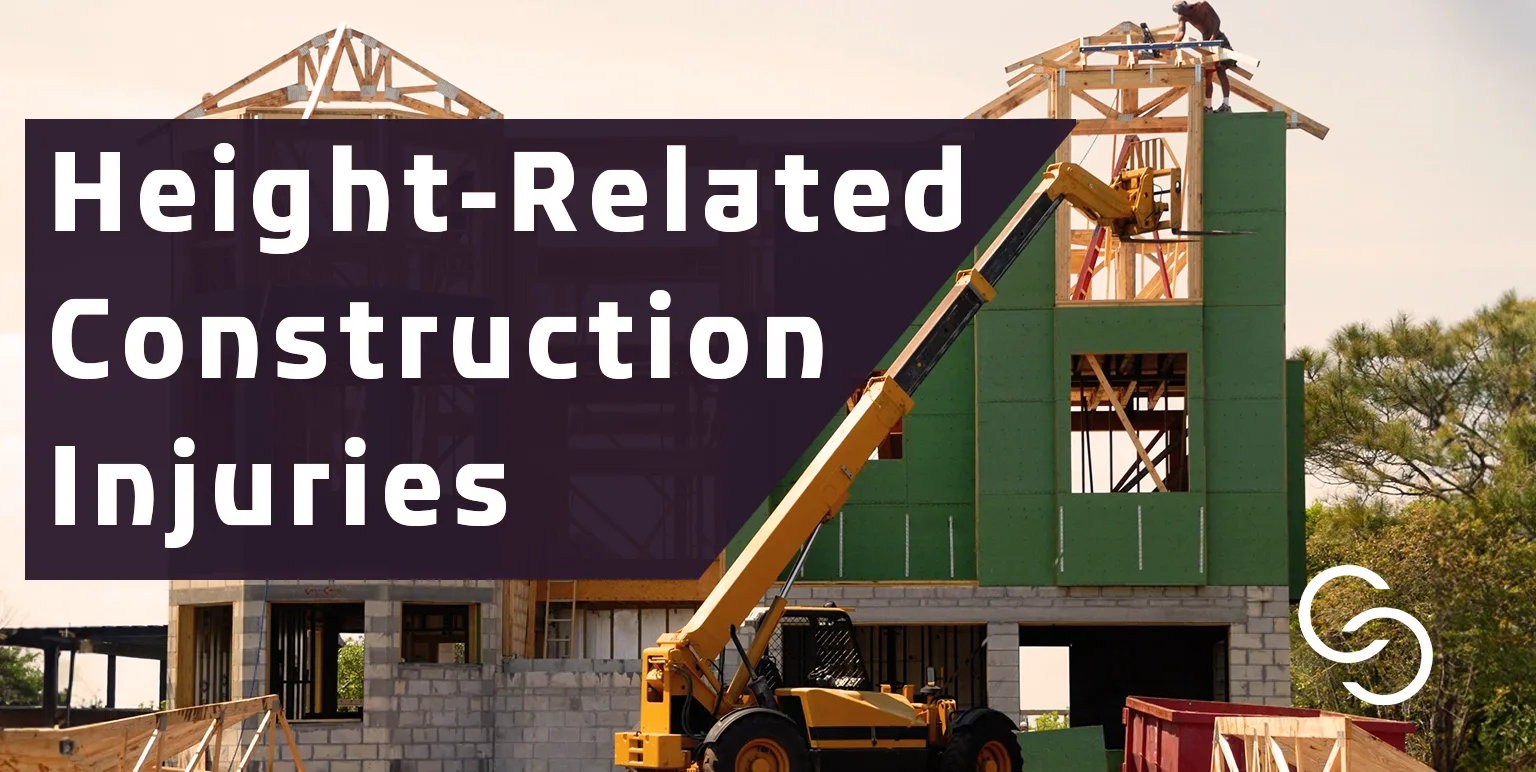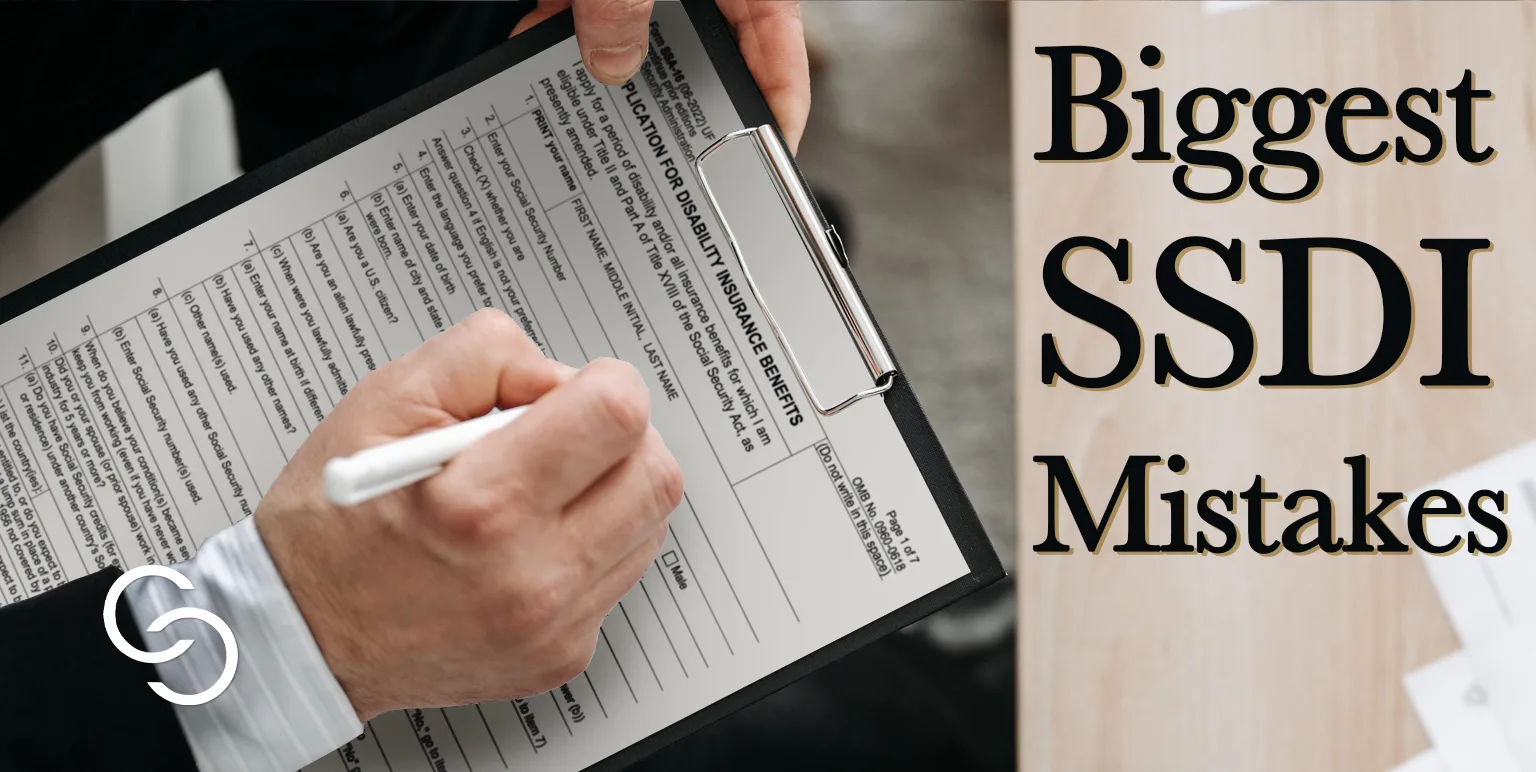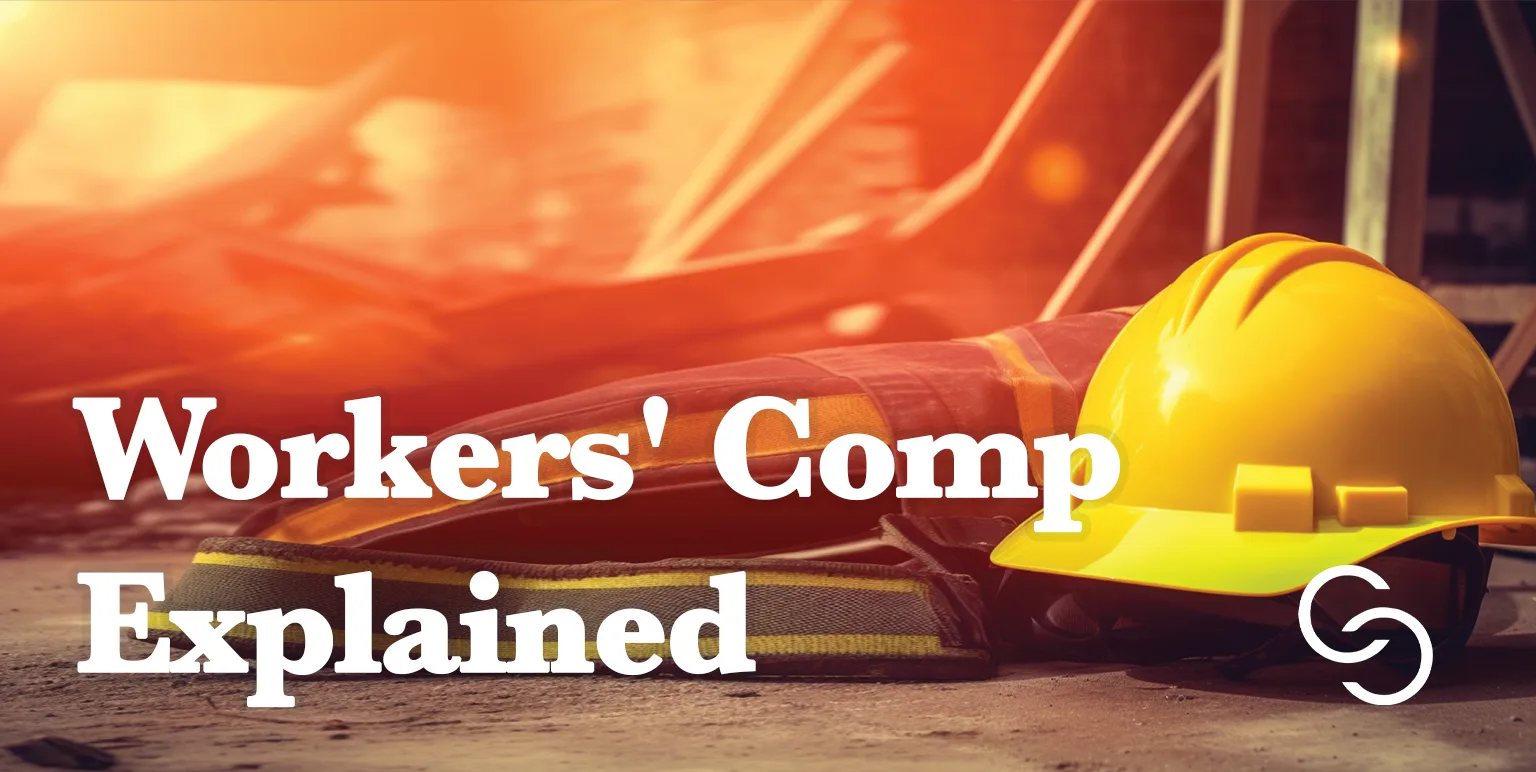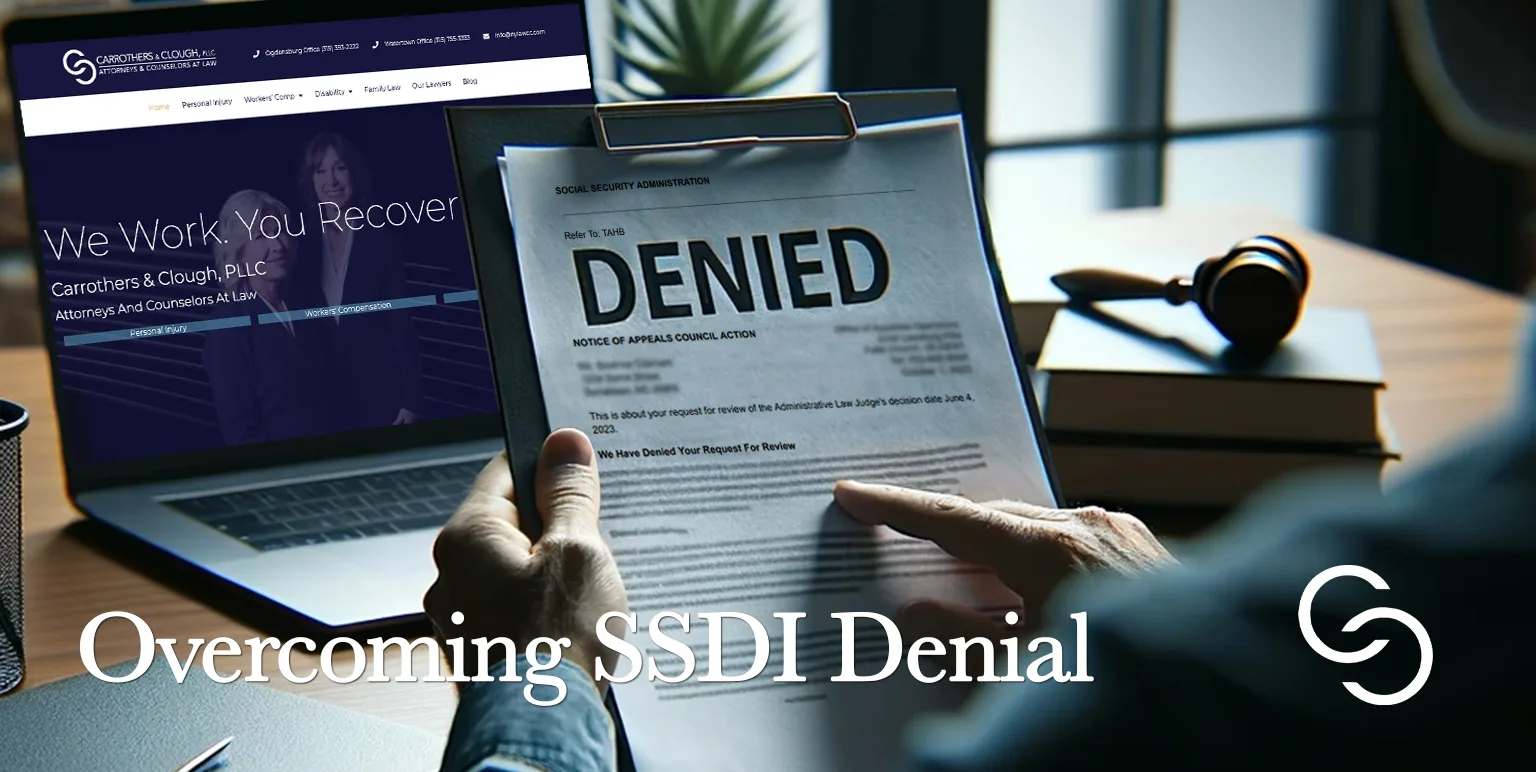Understanding Premises Liability in New York
What is premises liability? It is a legal concept that says property owners may be held responsible for injuries that occur on their property. What this simple definition doesn’t tell you is how this legal term is proven and applied in various situations.
Premises liability cases are complex because there are numerous elements involved, and the law contains nuances that can be challenging to interpret on your own. The personal injury attorneys at Carrothers & Clough have over six decades of combined experience, which means they can apply New York law to your premises liability case and help you obtain the compensation you need for recovery after your injuries.
Examples of Premises Liability Cases
Just as premises liability cases are a type of personal injury case, there are many categories that fall within premises liability. Some common accidents that are often considered premises liability are:
- Slip and fall accidents
- Dog bites and animal attacks
- Construction site accidents
- Inadequate security
- Swimming pool accidents
- Elevator malfunctions
The type of accident is not the most important aspect of a premises liability case. Rather, the injury or accident must satisfy all the elements of premises liability.
Elements of Premises Liability
As with other personal injury cases, premises liability relies on the establishment of a duty of care and the breach of that duty that causes injury. In other words, the property owner or occupier must have had a duty of care to keep the property in a reasonably safe condition; they must have failed to ensure the safety and security of the property; and their negligence in the upkeep of the property caused someone to be injured.
These elements can be difficult to prove for many reasons, including the subjective nature of what constitutes reasonably safe conditions and because the duty of care does not apply equally to all types of visitors.
Visitor or Trespasser
Whether the injured victim was invited to the property or trespassed is relevant in premises liability cases. According to New York law, a property owner owes a higher degree of duty to someone they invite on their property than they do to someone who enters the property without their consent. An invitee can be someone who was expressly invited, such as a house guest at a private residence, or someone who received an implied invitation, like customers in a store.
While an owner or occupant is usually obligated to maintain the property to prevent injuries to invitees, a duty of care is also owed to trespassers who venture onto the property by accident. Reasonable effort must be taken to avoid creating unnecessary risk of harm to trespassers. This means that property owners may be liable for damages even if the injured party trespassed onto their property.
Reasonably Safe Conditions
What exactly does it mean to keep a property in reasonably safe condition? There isn’t a universal standard, so each premises liability case will present its own unique circumstances for the element of reasonability to fit into. Should the property owner or occupier have made repairs to a structure? Would warning signs have satisfied the duty of care? The answers depend on the facts of the case, which is why working with a highly qualified premises liability lawyer is important. At Carrothers & Clough, we understand that no two cases are the same. We use our knowledge of the law and extensive experience to guide our clients through their personal premises liability roadmap.
A property owner’s general duty of care involves inspecting and maintaining their property to ensure to the best of their ability that no dangers exist that could cause harm. However, state law does not require that duty to extend to all uses of the property. For example, owners do not have a duty to keep the premises safe for fishing, hunting, boating, hiking, sledding, horseback riding, biking, and various other recreational activities.* This exception and others like it introduce the need for each person to take an active role in their own safety.
Proving Negligence
Negligence is a pivotal part of any personal injury claim, and premises liability cases are no different. The injured party has the burden of proving the property owner acted negligently and that this negligence caused their injuries. Again, this can be challenging because the law does not apply blanket liability to property owners. There are laws that protect landowners and occupiers from baseless and frivolous premises liability claims.
In some instances, it is a third party and not the accused property owner who is responsible for the victim’s injuries. This can occur when property lines are unclear or when multiple properties share the same space, like in a strip mall. Assigning and proving negligence can quickly become complicated. For example, in cases involving swimming pool accidents, determining who was at fault is not always straightforward. If someone almost drowns in a public pool, who is at fault? Was the lifeguard negligent? What about the property owner or pool manager?
Having a trusted premises liability attorney at your side as you navigate the complicated legal process is invaluable. After an injury, you need an advocate who will fight for you and lessen your burden as you recover from your accident. Our compassionate and competent legal team is ready to answer any questions you may have, so contact Carrothers & Clough to schedule a free consultation.
*The New York State Senate. Consolidated Laws of New York. https://www.nysenate.gov/legislation/laws/GOB/9-103


